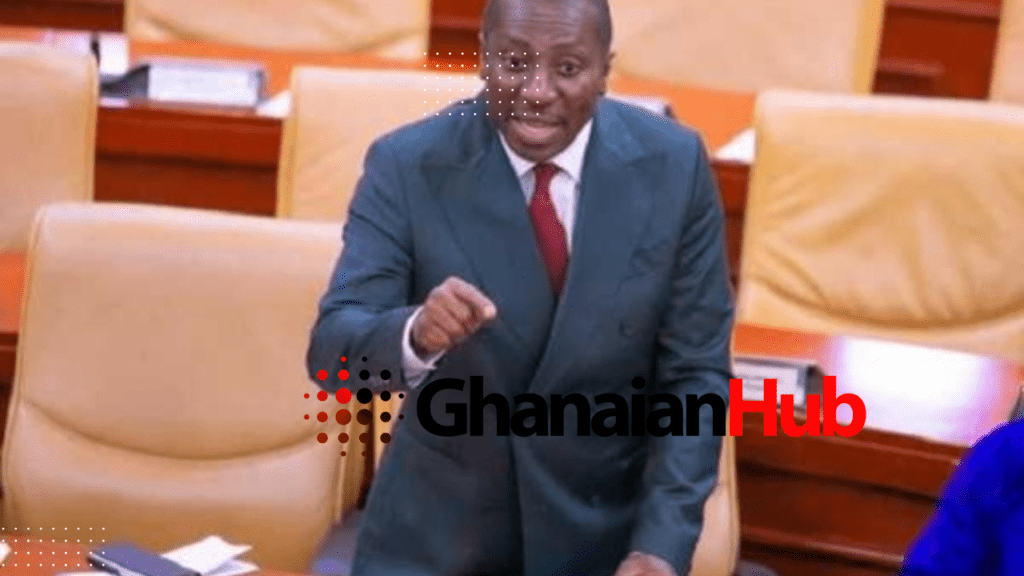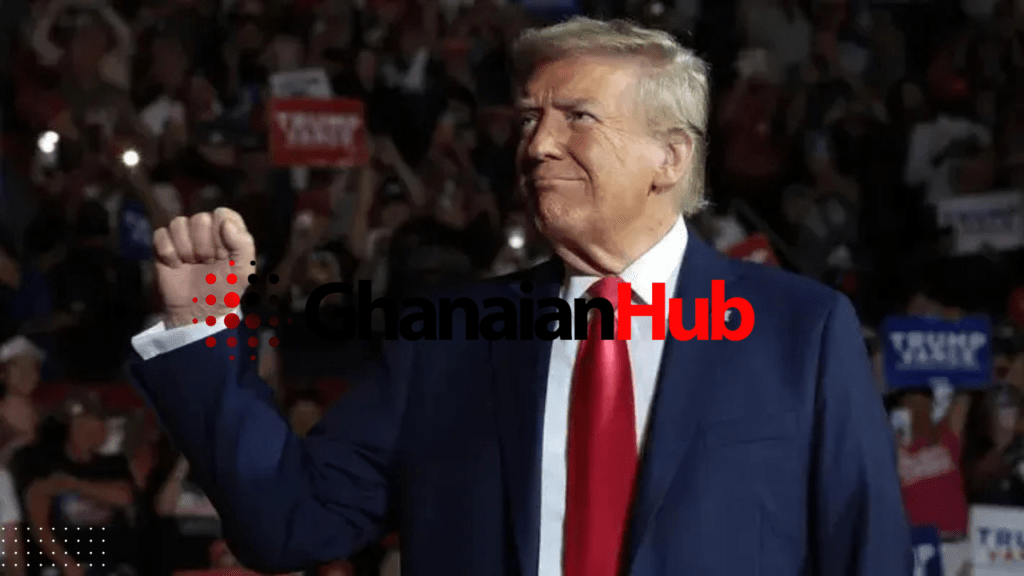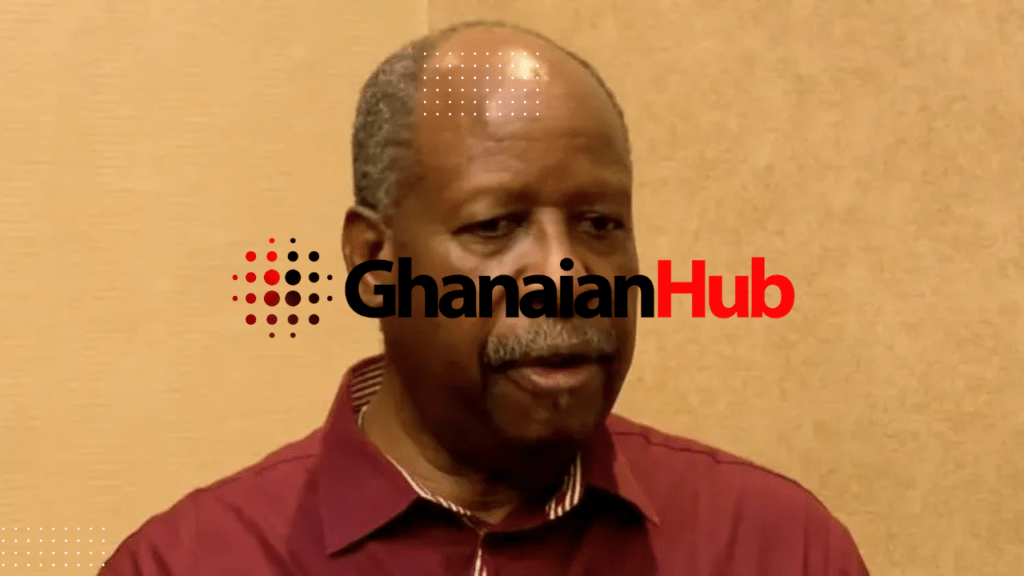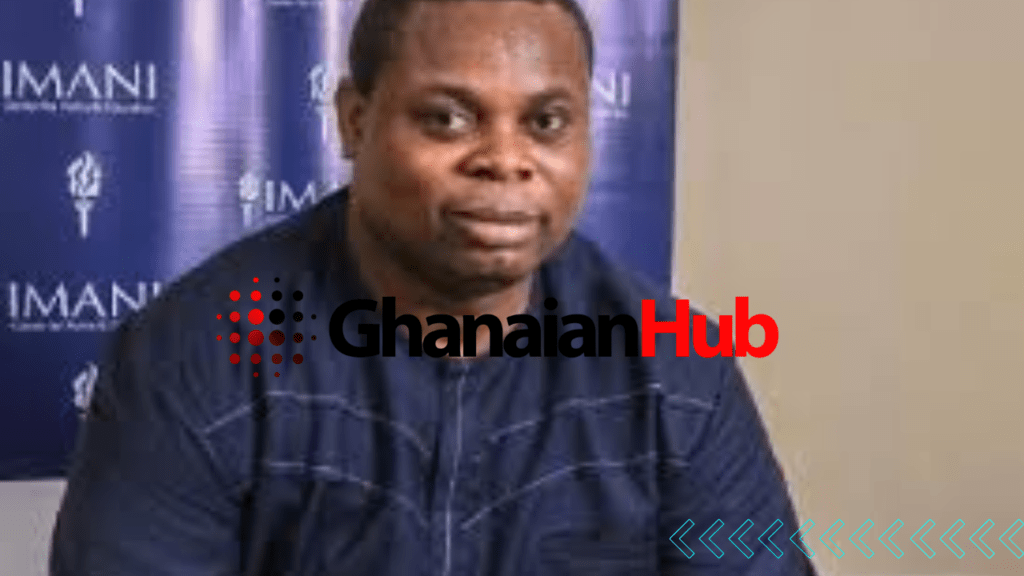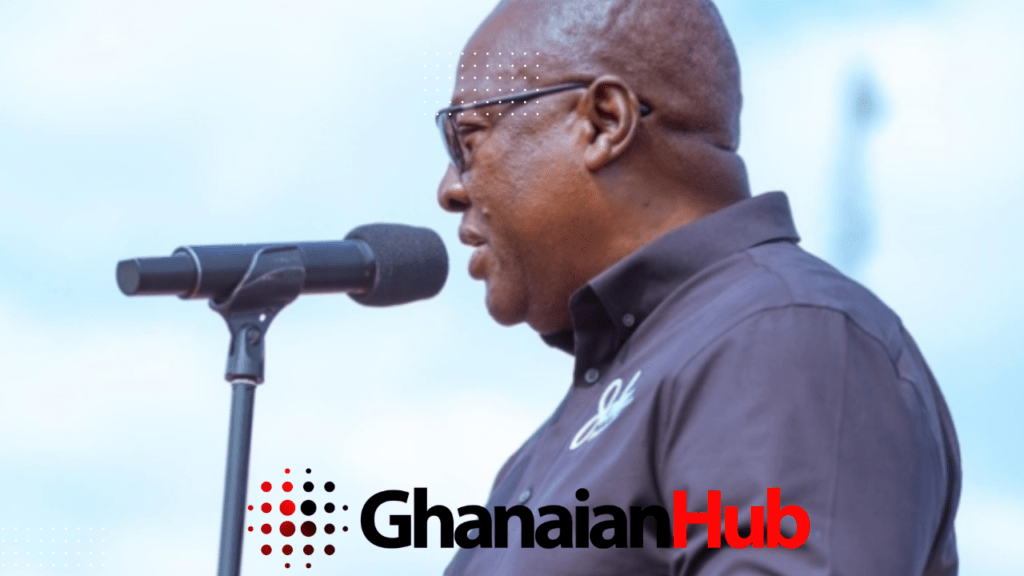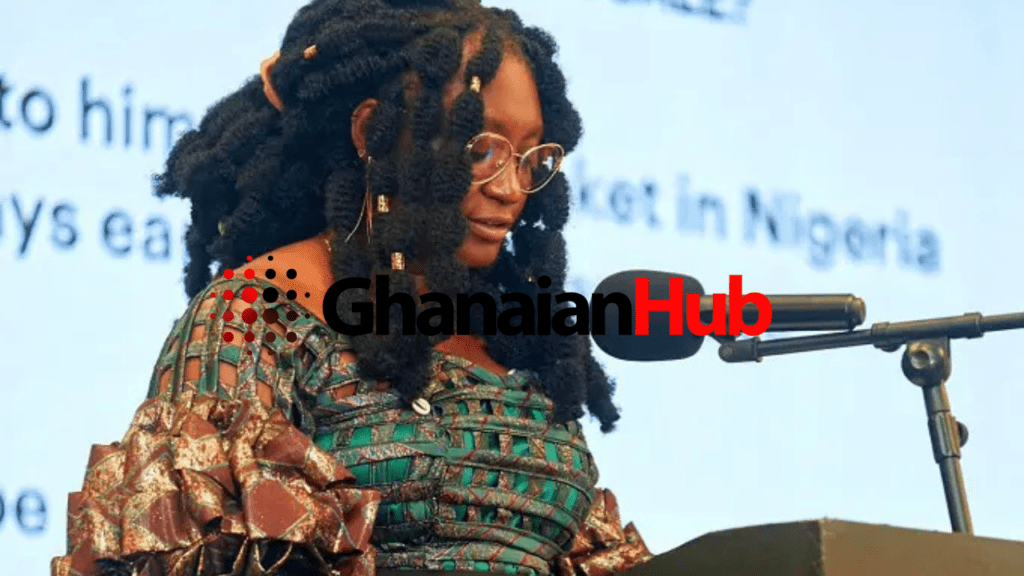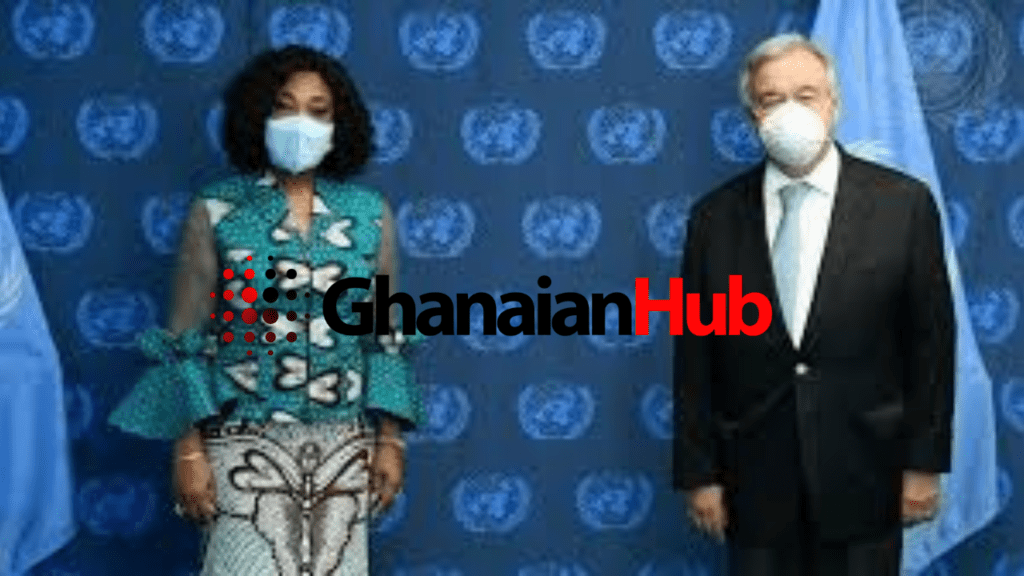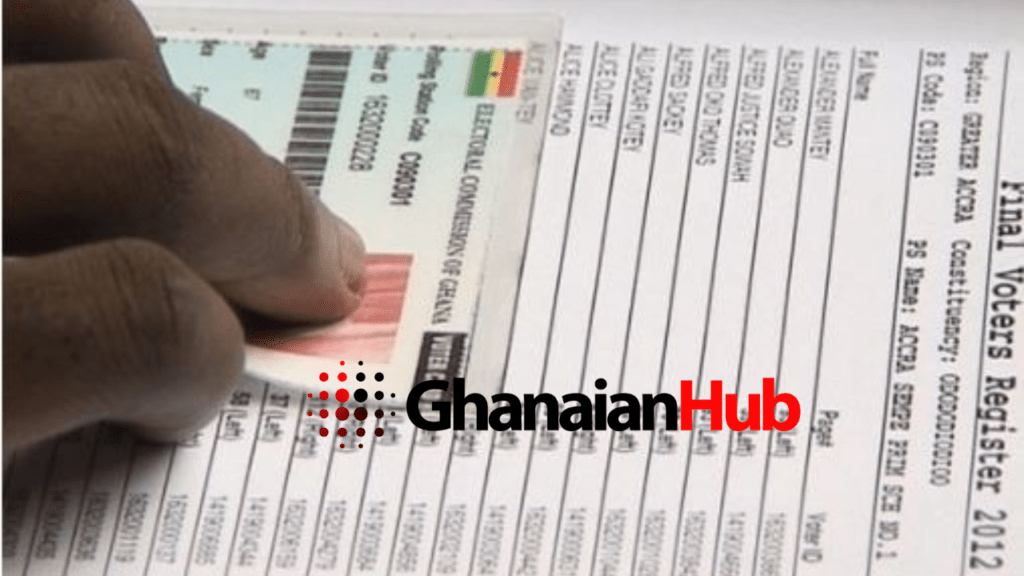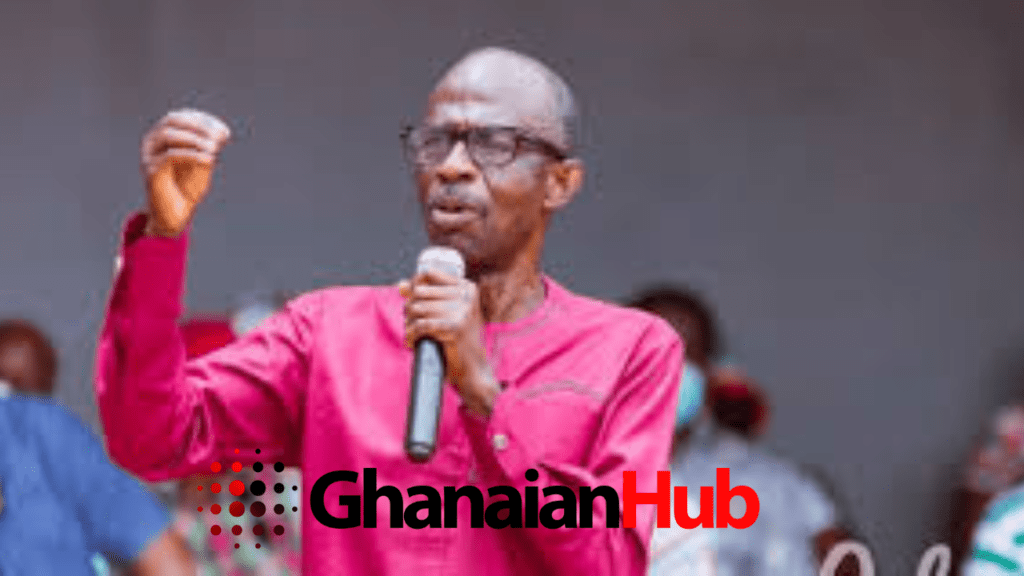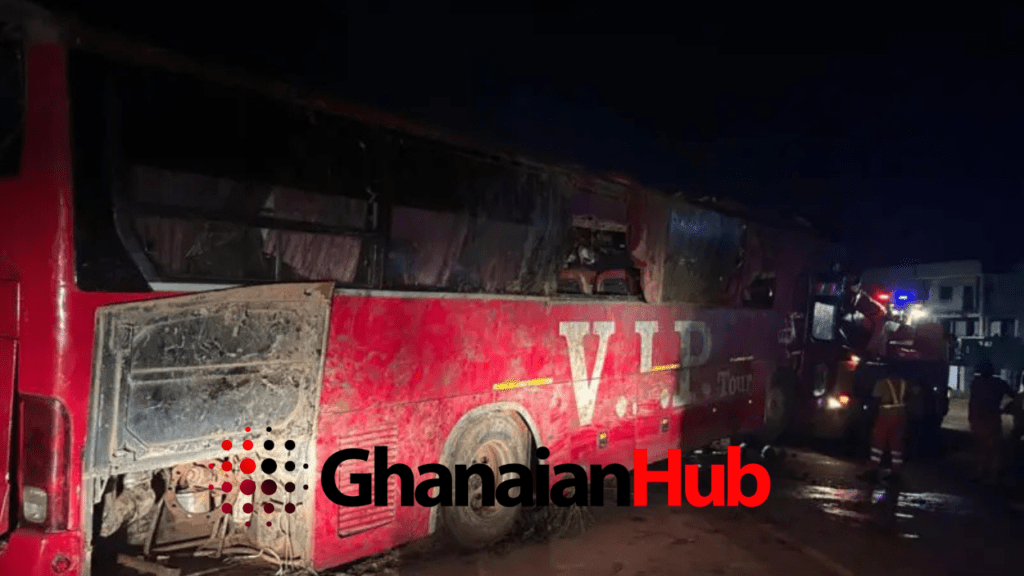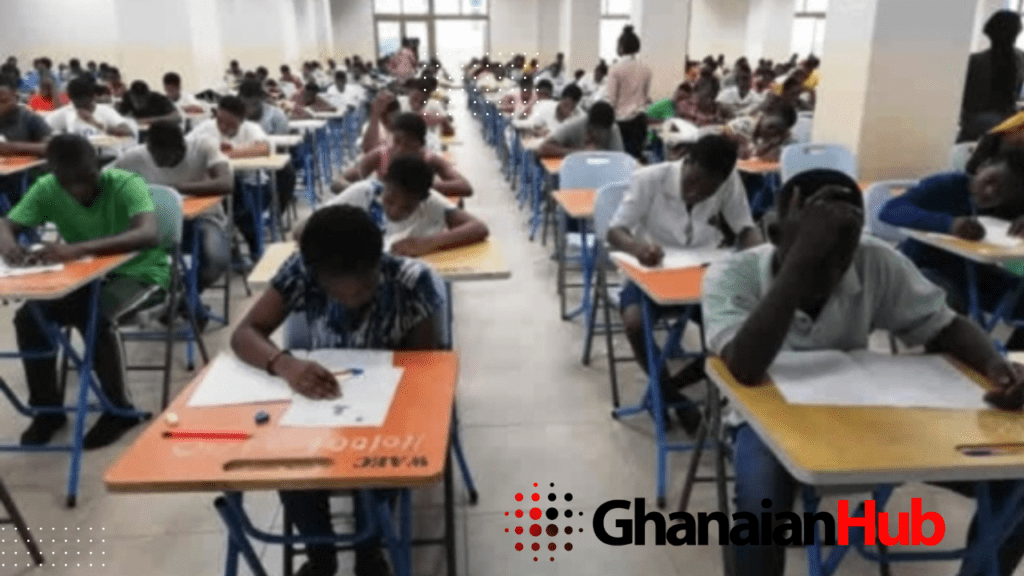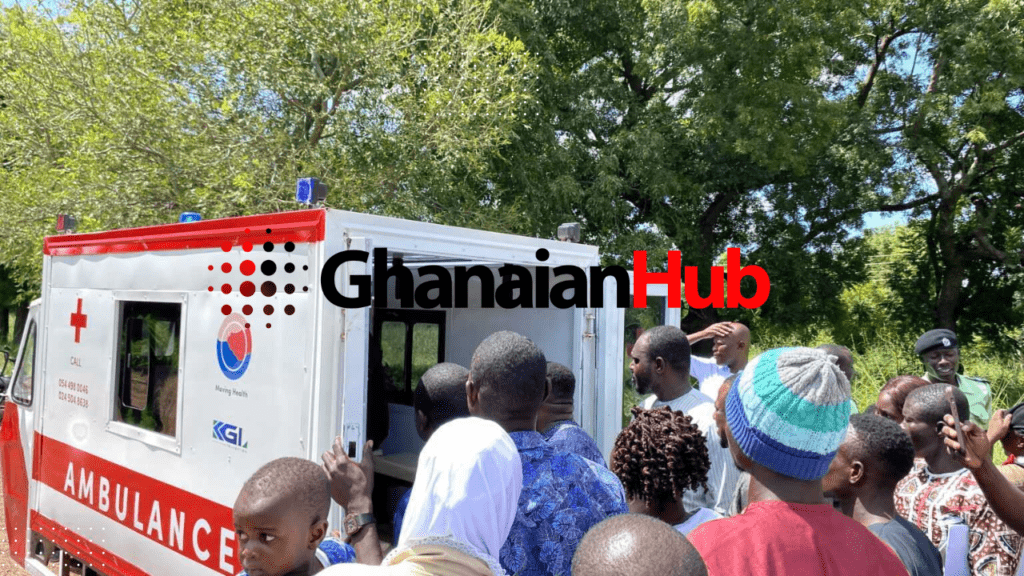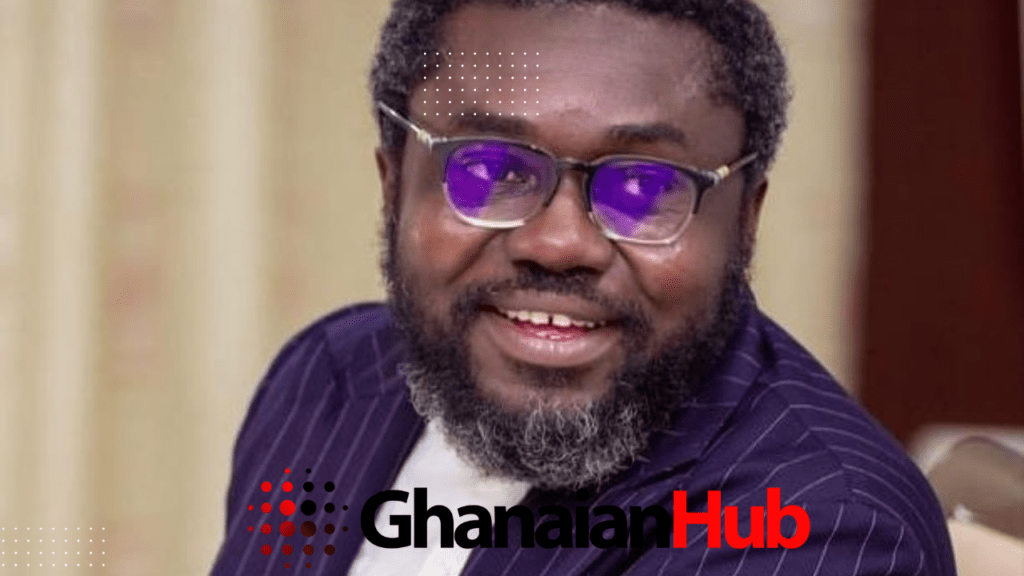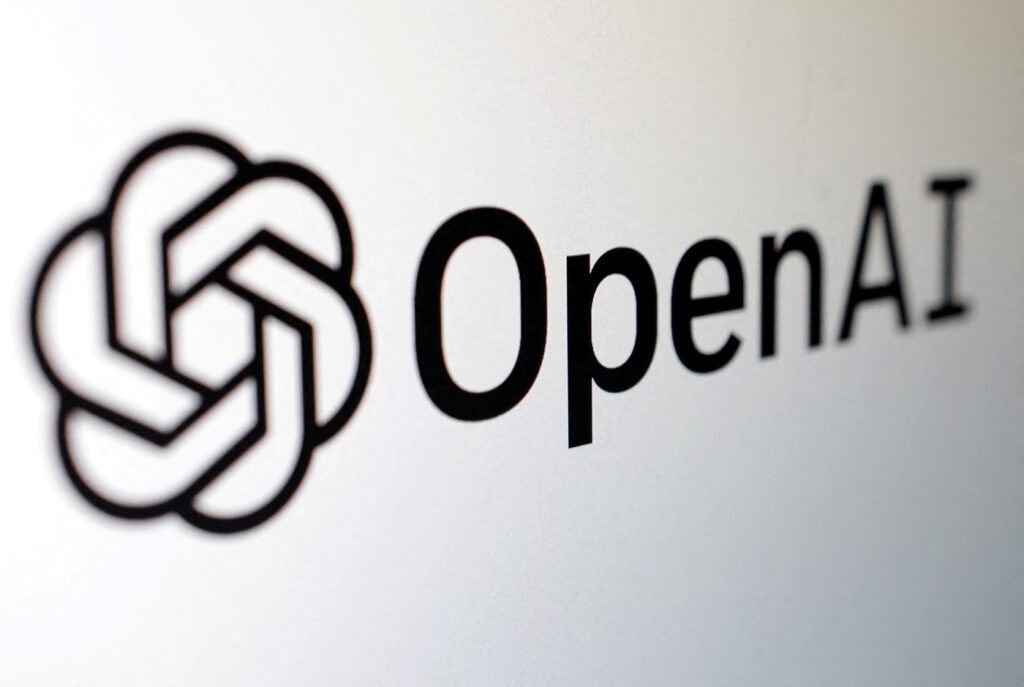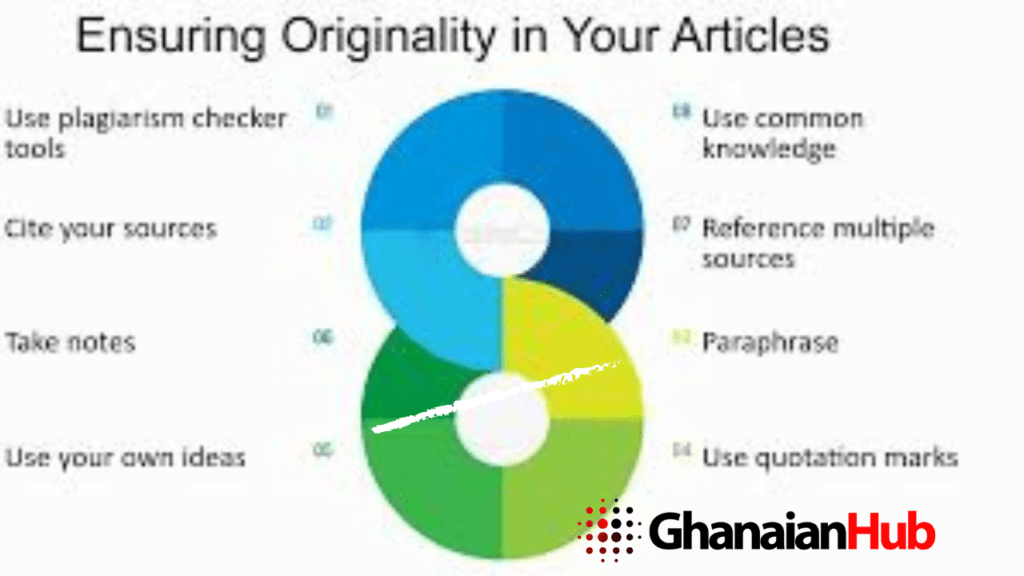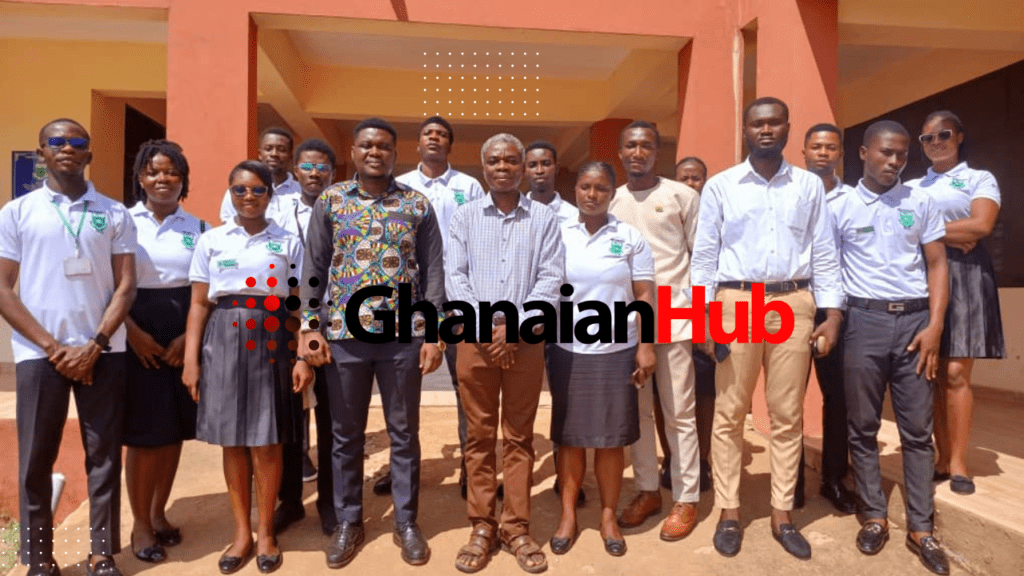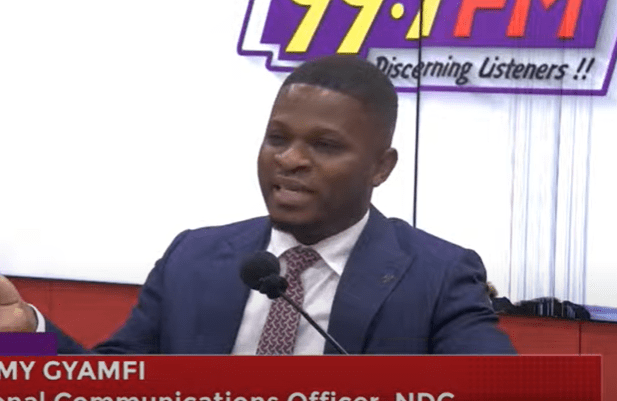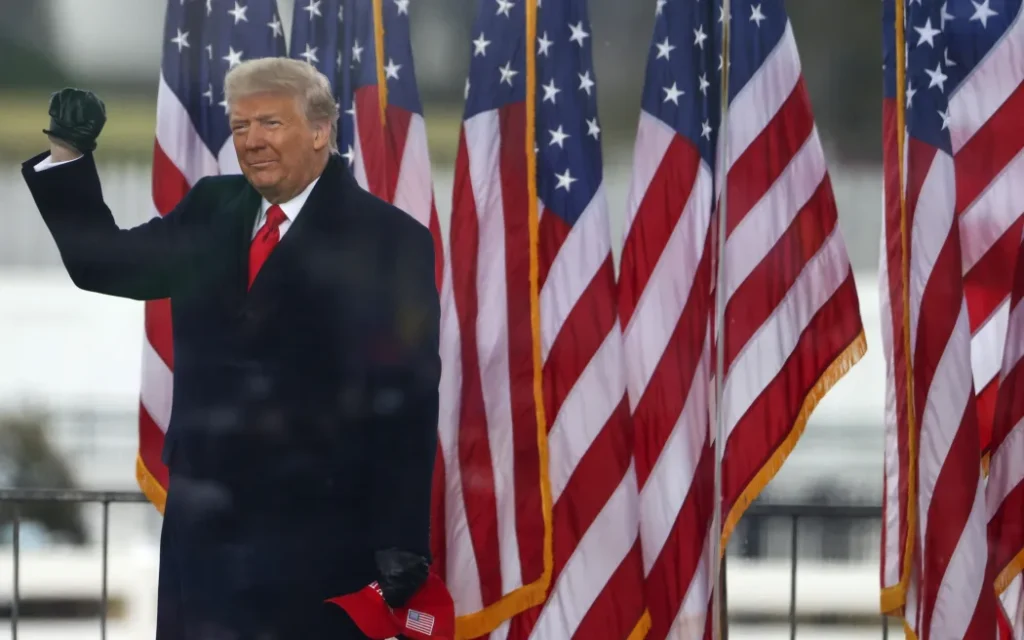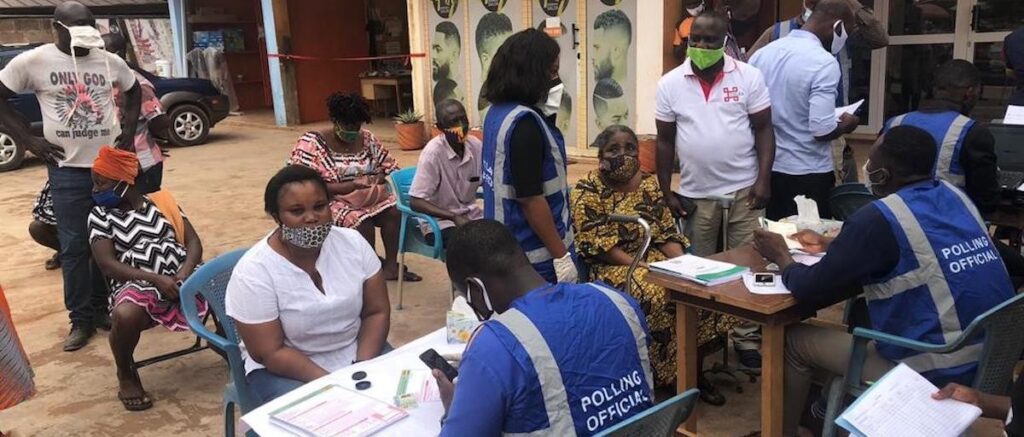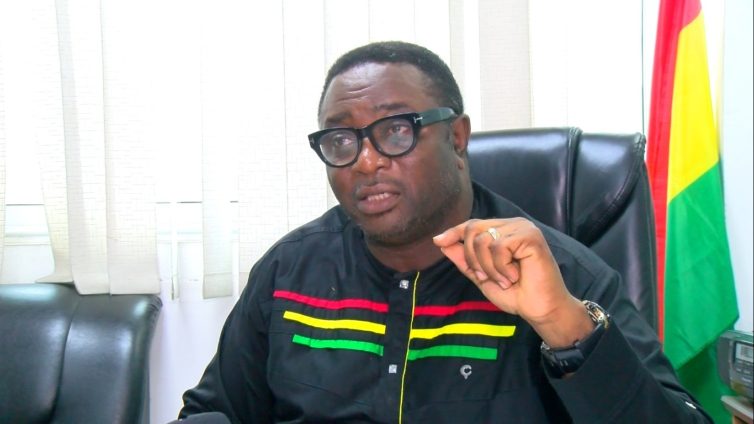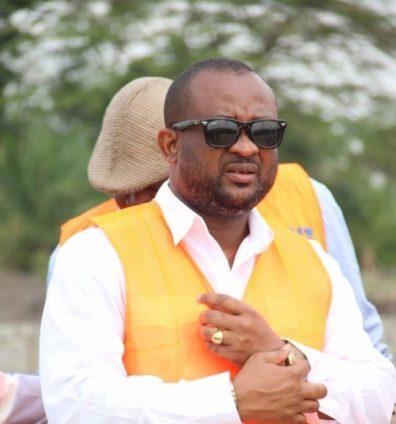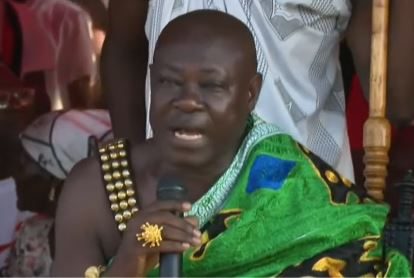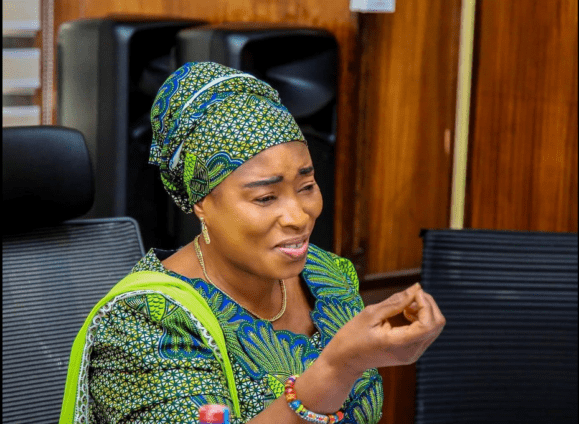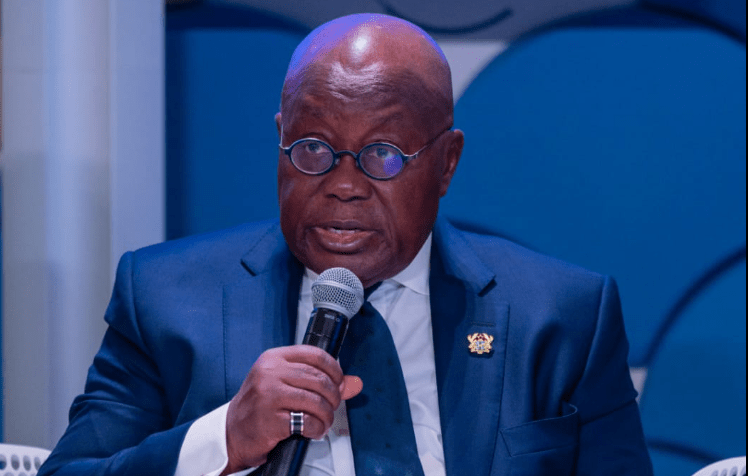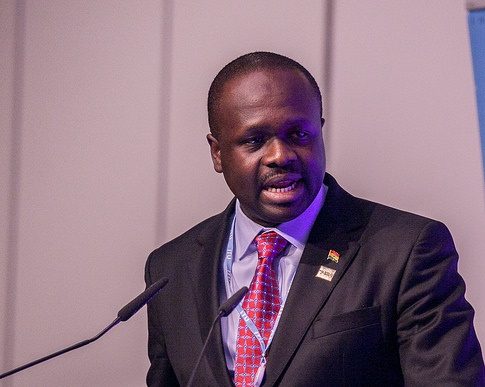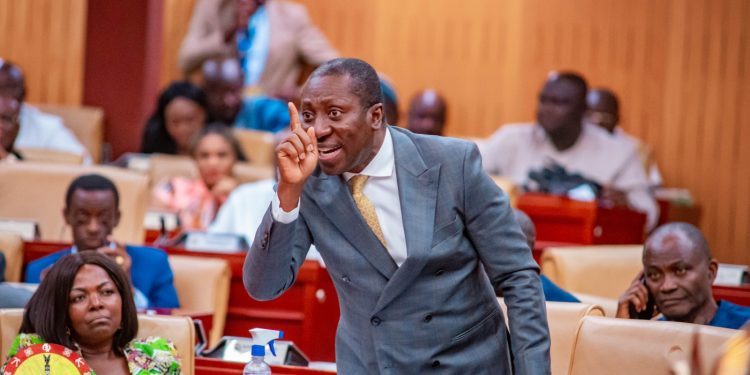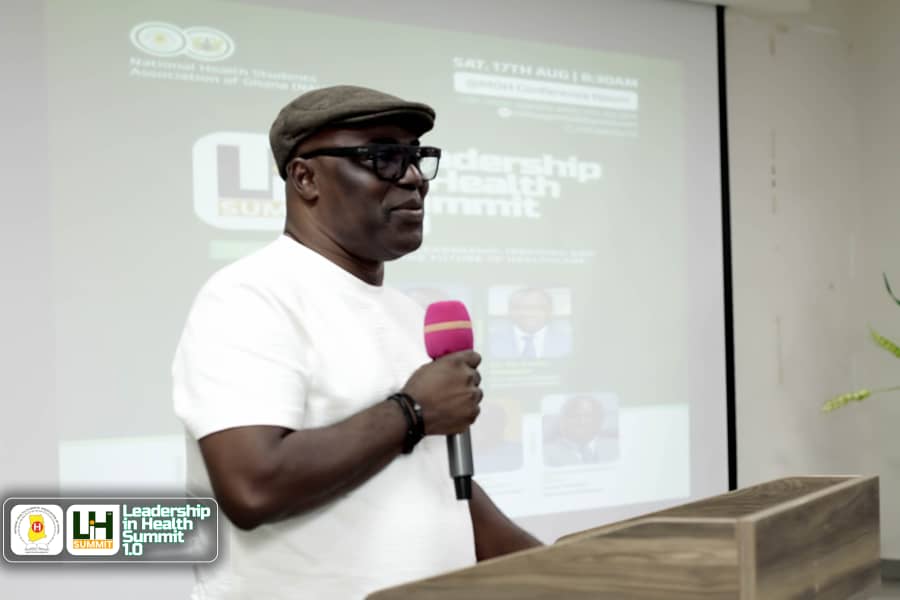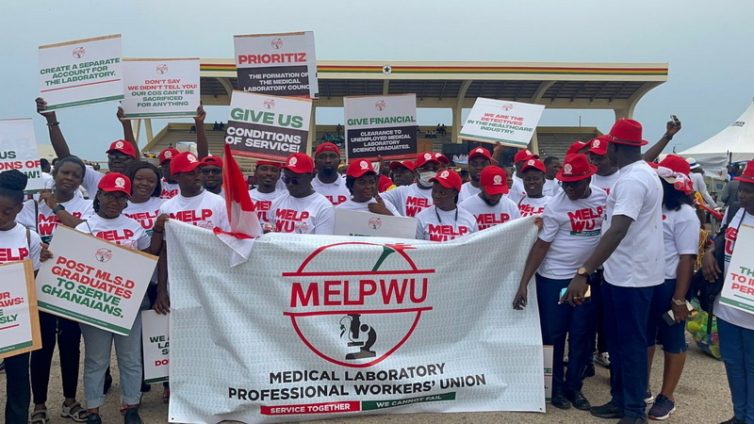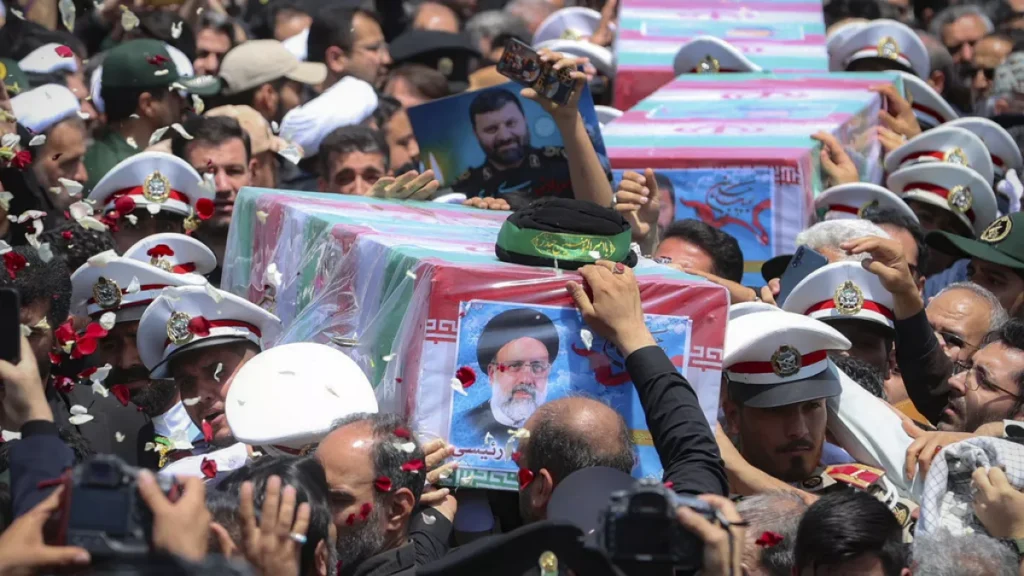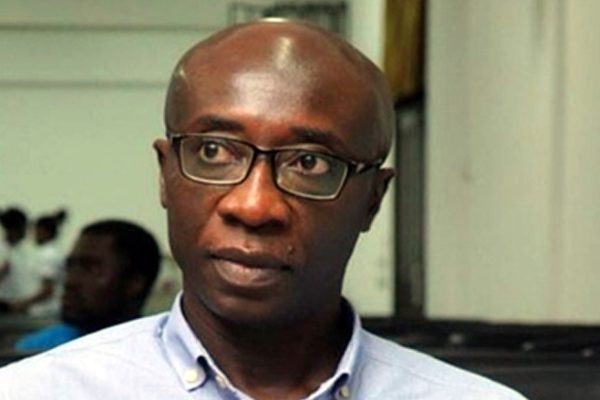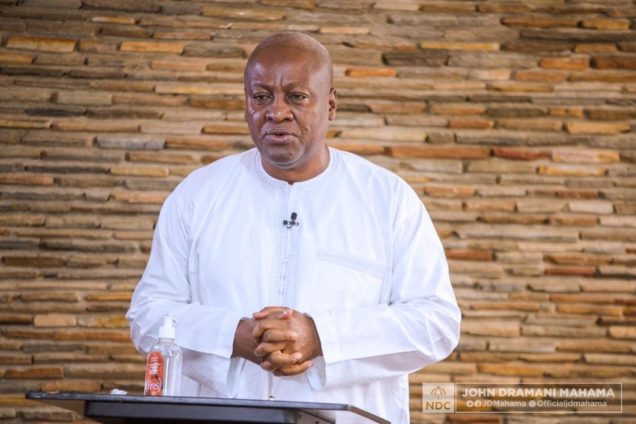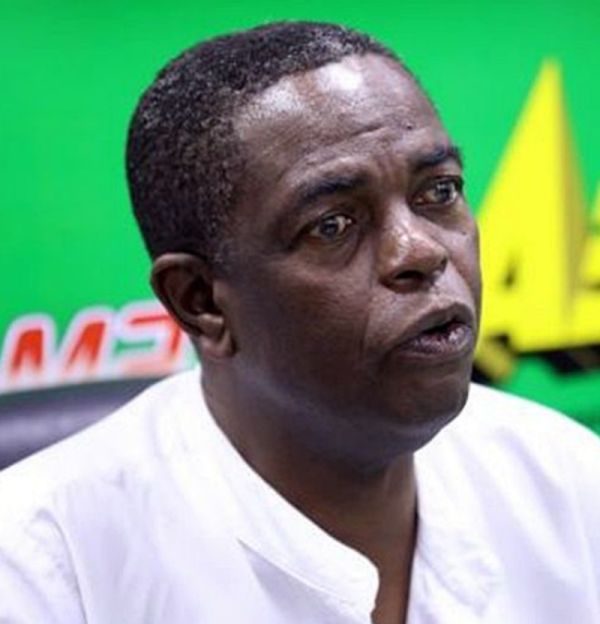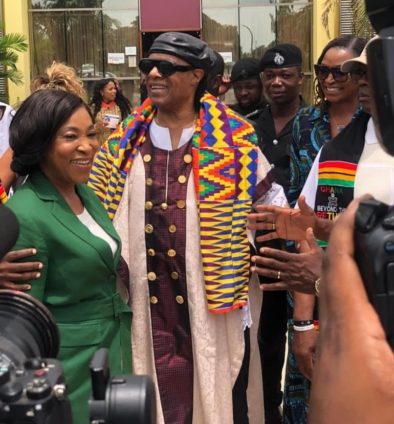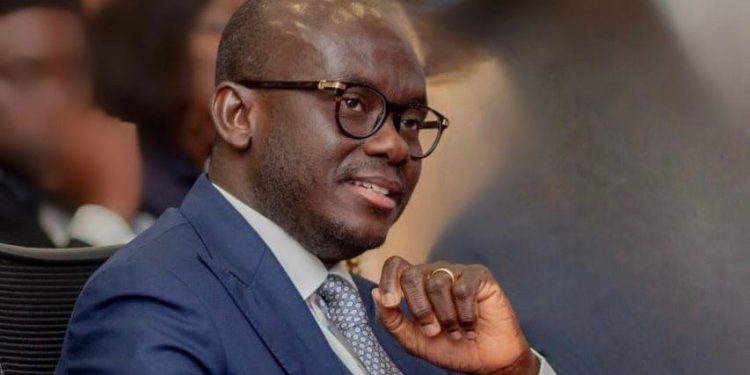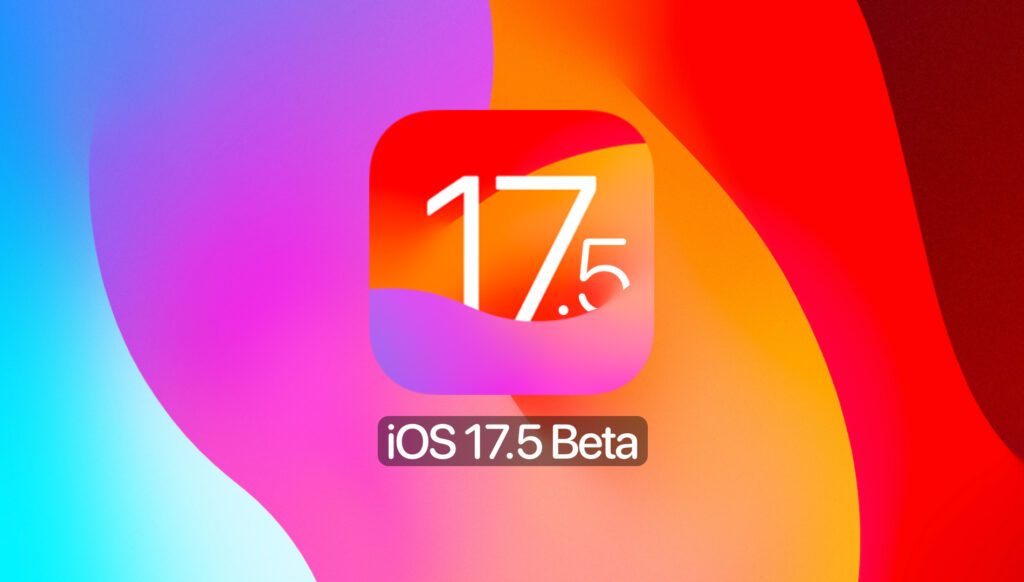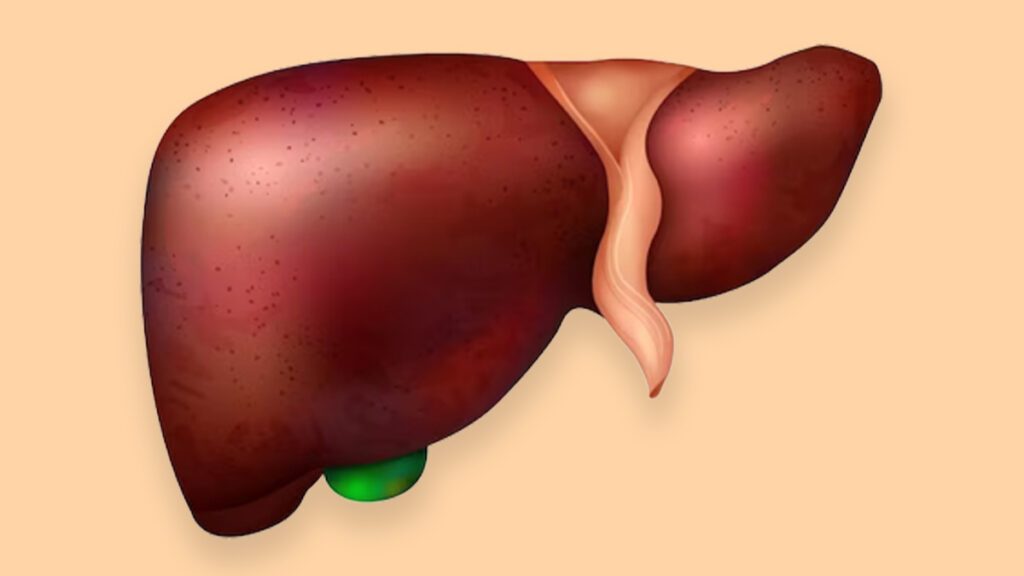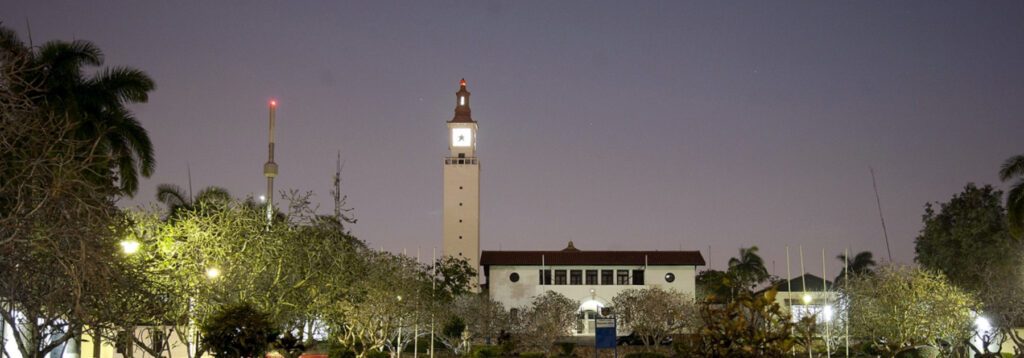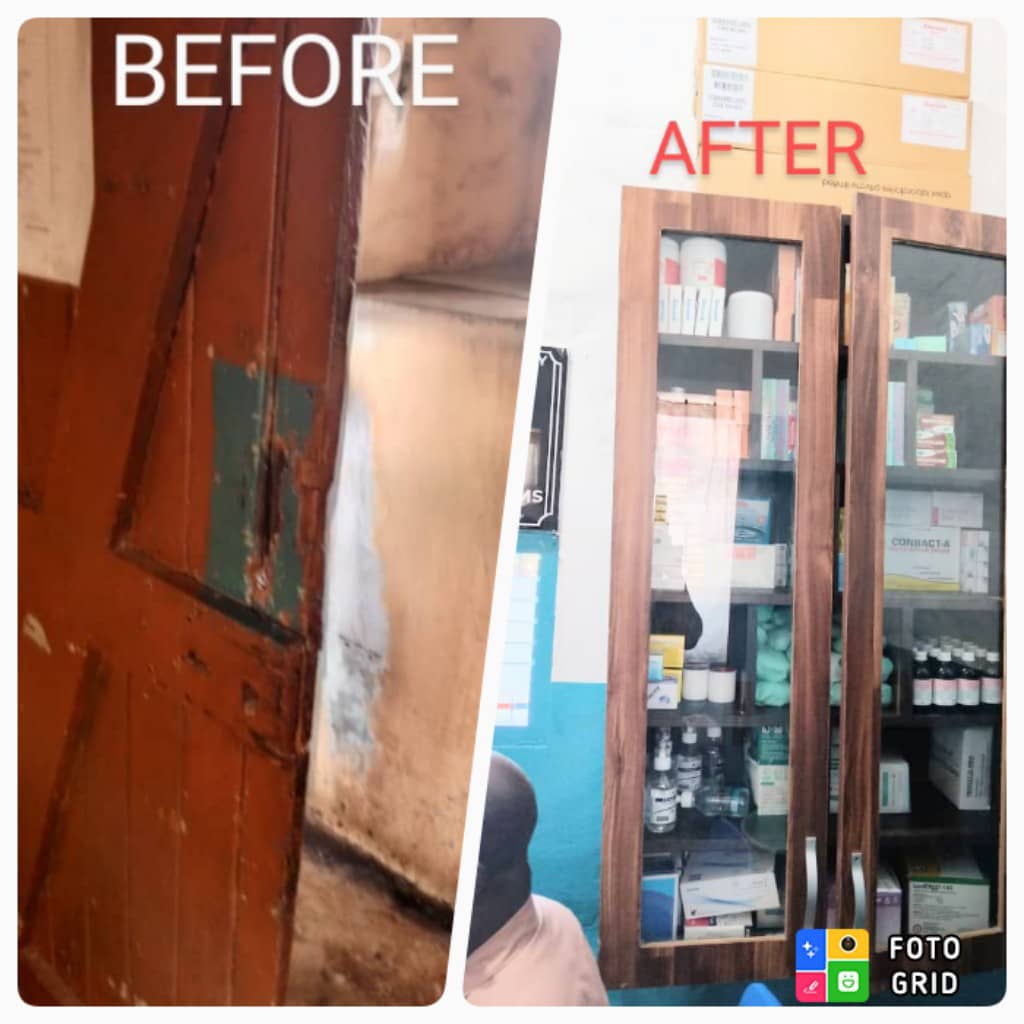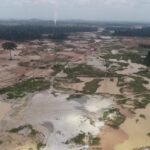Galamsey: Dr. Kenneth Ashigbey Praises the Government

Galamsey: Dr. Kenneth Ashigbey Praises the Government
Dr. Kenneth Ashigbey, Convener of the Media Coalition Against Galamsey, has lauded the government’s recent actions to combat illegal mining, locally known as galamsey, describing it as a “refreshing change.” While Dr. Ashigbey acknowledged that the government’s efforts signal a positive shift in tackling the environmental menace, he also emphasized that more needs to be done to ensure that illegal mining is fully eradicated.
Speaking during an interview on Joy FM’s Newsnight on Thursday, October 10, Dr. Ashigbey expressed optimism, noting, “For once, we are not talking about will again, we’ve heard about some action being done. It is early days yet, but I will say it is a refreshing change from what we were seeing.” His comments come in response to President Nana Akufo-Addo’s directive to deploy additional military forces as part of the government’s “Operation Halt” initiative, aimed at cracking down on illegal mining activities across the country.
Operation Halt: A Step in the Right Direction
The latest phase of Operation Halt has seen the deployment of over 100 armed military personnel to key water bodies, with a particular focus on the Birim River in the Eastern Region.
Illegal mining activities have led to the widespread contamination of rivers and water sources, making the Birim River a focal point in the fight against galamsey. The operation, part of the government’s broader strategy to protect the country’s natural resources, resulted in the seizure and destruction of 18 chanfan machines and 10 water pumping machines, both commonly used for illegal gold extraction.
Chanfan machines are notorious for their role in facilitating illegal mining by dredging riverbeds, causing massive environmental degradation. By seizing and destroying these machines, the military aims to disrupt the operations of illegal miners and reduce the ecological damage that has plagued communities reliant on these water bodies.
The Need for Sustained Action
Despite praising the government’s efforts, Dr. Ashigbey emphasized the need for continued vigilance and pressure on the government to ensure that these early steps lead to lasting change. He urged Ghanaians to actively participate in the fight against galamsey by wearing red bands as a symbol of protest and keeping the conversation alive to hold the government accountable.
“We need to definitely keep our eyes on the ball because the challenge is widespread, not only in the Eastern Region. So we need to keep the pressure on,” Dr. Ashigbey stated. He warned that while the government’s actions so far are commendable, the illegal mining problem extends beyond the Birim River and the Eastern Region. Illegal mining activities are rampant in other parts of the country, and the fight against this menace must be sustained on a national scale.
Call for Legislative Change: Revocation of L.I. 2462
In addition to military action, Dr. Ashigbey called for legislative reforms, particularly the revocation of Legislative Instrument (L.I.) 2462, which permits mining in forest reserves. Forest reserves are vital to maintaining ecological balance, and allowing mining activities in these protected areas has contributed to deforestation, habitat destruction, and loss of biodiversity.
Dr. Ashigbey’s call for the revocation of L.I. 2462 is in line with the demands of various environmental advocacy groups and civil society organizations, who argue that mining in forest reserves should be strictly prohibited to protect Ghana’s natural heritage. He stressed that while the military’s role is crucial in addressing the immediate threats posed by illegal mining, long-term solutions must include policy changes that prevent further exploitation of the country’s natural resources.
Transparency and Accountability in the Fight Against Galamsey
To ensure sustained progress in the fight against illegal mining, Dr. Ashigbey also called on the government to provide regular updates on the actions taken to combat galamsey. Transparency, he argued, is essential to building public trust and maintaining the momentum needed to address the crisis. Ghanaians, he noted, must be kept informed of the government’s efforts, successes, and challenges in tackling illegal mining.
Regular updates on the progress of Operation Halt and other anti-galamsey initiatives would not only foster accountability but also allow civil society to actively engage with and support the government’s efforts. Dr. Ashigbey believes that ensuring public participation and openness in the process will keep the pressure on the state to act decisively and prevent backsliding on commitments to ending illegal mining.
Galamsey: A National Crisis
The battle against galamsey has been one of the most pressing environmental challenges in Ghana in recent years. Illegal mining has left a trail of destruction across many parts of the country, particularly in the Western, Eastern, and Ashanti Regions. Rivers that once provided clean drinking water to communities have been contaminated with toxic chemicals such as mercury and cyanide, which are used in gold extraction processes. This has had serious health implications for people living in affected areas, as well as devastating effects on agriculture and biodiversity.

In response to the crisis, the government has launched multiple initiatives over the years, including the Inter-Ministerial Committee on Illegal Mining (IMCIM) and various operations to arrest illegal miners and destroy their equipment. However, enforcement has been inconsistent, and many believe that corruption and political interference have hindered efforts to eliminate illegal mining. The persistence of galamsey has led to widespread frustration among the Ghanaian public, with many calling for more drastic measures to be taken.
The Role of Civil Society in the Anti-Galamsey Fight
Civil society organizations, including the Media Coalition Against Galamsey, have been at the forefront of advocacy efforts to end illegal mining. These groups have played a critical role in raising public awareness about the environmental and social impacts of galamsey, organizing protests, and pressuring the government to take stronger action.
Dr. Ashigbey’s leadership within the Media Coalition Against Galamsey has been instrumental in keeping the issue in the national spotlight. The coalition has consistently called for more robust enforcement of mining regulations, stronger penalties for offenders, and greater involvement of local communities in protecting their natural resources.
The coalition’s efforts have been supported by a broad spectrum of stakeholders, including traditional leaders, religious groups, environmental activists, and concerned citizens. The unity of purpose demonstrated by these diverse groups has sent a clear message to the government that the fight against illegal mining is a national priority that cannot be ignored.
Conclusion: The Road Ahead
While the recent actions taken by the government as part of Operation Halt represent a positive step forward, the fight against galamsey is far from over. Dr. Kenneth Ashigbey’s call for sustained pressure on the government, legislative reforms, and greater transparency underscores the complexity of the challenge.
Ending illegal mining in Ghana will require a multi-faceted approach that combines strong enforcement, community involvement, and long-term policy changes. As Ghanaians continue to rally behind the cause, the government must rise to the occasion and take decisive steps to protect the country’s environment for future generations.


 English
English 